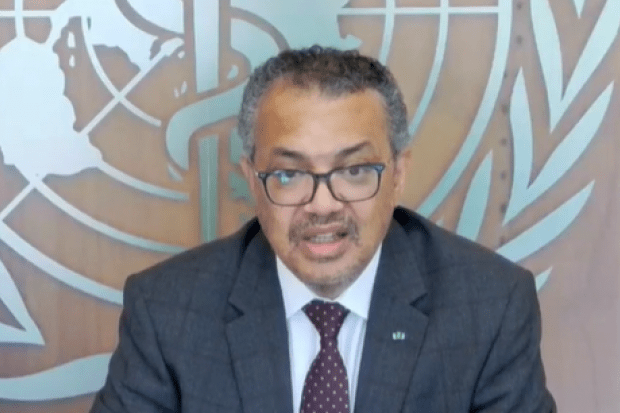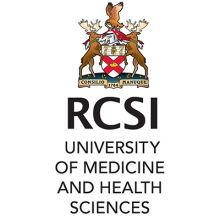Unravelling the behavioural factors fuelling the impacts of Covid is the most valuable contribution that researchers can make to resolving the crisis, a Times Higher Education forum has heard.
Health psychologist Hannah McGee said that sociological aspects had been overlooked in the “incredible international experiment” that coronavirus had spawned. “We focus very much on the biology of the virus rather than on the behaviour of populations, on individuals and – indeed – on political systems,” she told the University Impact Forum.
“We need to get much better at understanding what it is that countries who have fared better in this pandemic are doing. Much of it is not about money. Basic individual behaviours make a difference, and basic political decisions make enormous differences.”
Professor McGee is chief academic officer with the event’s partner, RCSI University of Medicine and Health Sciences in Dublin. She said that the international response to Covid-19 had given rise to more than 1,700 randomised pharmaceutical trials last year and barely a dozen behavioural, social and environmental trials.
Mark Shrime, RCSI’s chair of global surgery, said that exhaustive research had made virus behaviour “really easy” to predict. “What we didn’t predict, and what we couldn’t predict, was how the governments would act,” he told the event.
This had contributed to vaccine roll-out debacles, for example. “The failure of a lot of the models was because we were predicting what we thought governments would do,” Professor Shrime said. “There’s a lot of opportunity…to study and understand the ‘why’ underneath that. Why did governments act this way? Why did people act this way? Are there ways to change that, as we face the next pandemic or global health emergency?”
Mike Ryan, executive director of the World Health Organisation health emergencies programme, said that the biological focus of coronavirus response had cast the virus as an enemy. “We characterise the pathogen as some sentient being that has the worst in for us,” he said.
“It’s human action – individual, community and government action – that has either stopped or fuelled the transmission of this virus. We need to better understand how communities behave, comply and participate.”
Dr Ryan stressed the need for research into political responses. “We’ve had a massive failure of governance. We’ve had failures of trust in government; trust within communities. We need to learn how to shore them up and fix them,” he said.
“This virus is going to be around for a long time. The real question is whether we will have a relatively docile animal…or a monster in the room with us for the foreseeable future. We get to choose whether that’s a manageable situation or [one] that will continue to rip our health systems and social and economic lives apart.”
WHO director-general Tedros Adhanom Ghebreyesus praised the “impressive collaboration” of higher education, governments and the private sector that had produced Covid tests, treatments and vaccines at “record speeds”. But equitable access to these “life-saving tools” had been lacking, he told the event.
Dr Adhanom Ghebreyesus said that universal health coverage, based on strong primary healthcare, would be the “cornerstone” of social, economic and political stability. “The higher education sector has an important role to play in helping us achieve all of these aims,” he said.
Register to continue
Why register?
- Registration is free and only takes a moment
- Once registered, you can read 3 articles a month
- Sign up for our newsletter
Subscribe
Or subscribe for unlimited access to:
- Unlimited access to news, views, insights & reviews
- Digital editions
- Digital access to THE’s university and college rankings analysis
Already registered or a current subscriber? Login










